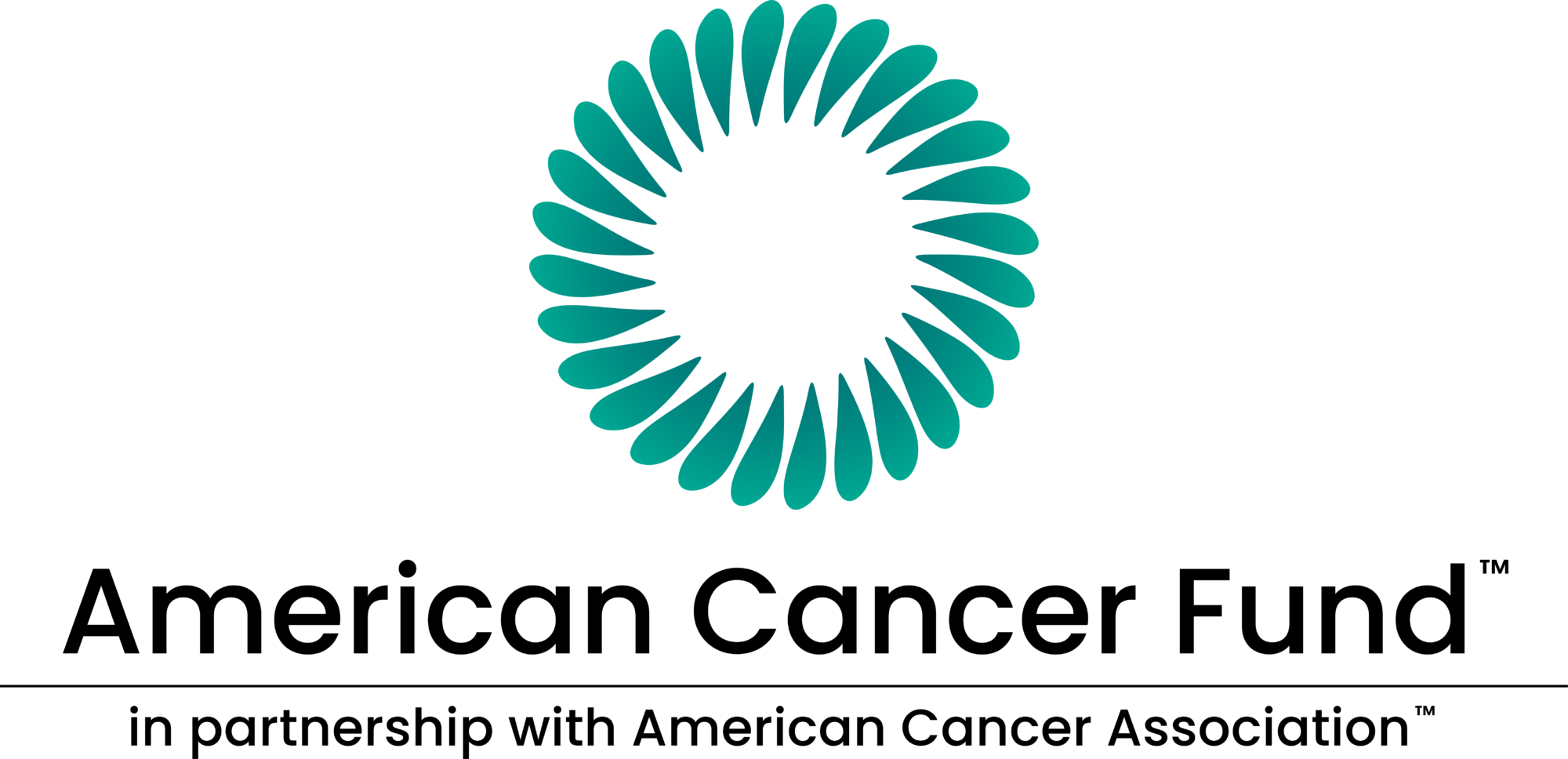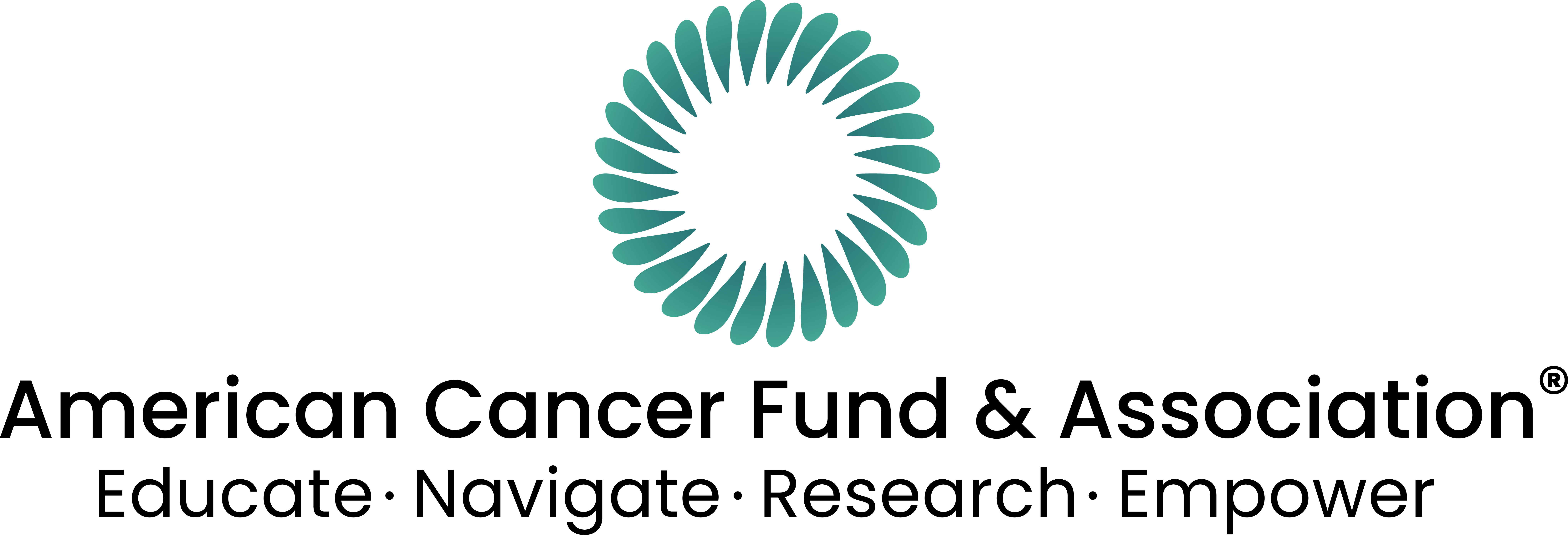You are not alone.
Obtaining financial assistance during cancer treatment
The high costs of cancer care often result in overwhelming financial stress for people with cancer and their families, significantly affecting their well-being. It is well known that cancer patients and survivors find it somewhat or very difficult to afford their care.
This kind of financial hardship can reduce the chances that patients will stick to their treatment plans, and it can lower their quality of life and survival rates. Financial assistance programs for cancer aim to reduce these burdens by supporting expenses such as medical bills, prescription medications, basic living expenses, and other expenses.
What are cancer financial assistance programs?
Cancer financial assistance programs are designed to help people cope with the costs associated with cancer treatment and care. These programs vary greatly in their eligibility criteria, their services, and the extent of financial support they provide.
Financial assistance programs typically cover a range of expenses related to cancer treatment, such as medication costs, medical bills, transportation to and from medical appointments, and sometimes even non-medical expenses like rent, utilities, and other basic needs.
To access these programs, people usually need to meet specific eligibility criteria, involving factors such as income level, insurance status, and cancer type. Financial assistance programs vary widely by state, county, and sometimes by city.
This is a federal program that offers financial assistance to people who cannot work because of a medical condition such as cancer. To qualify, you must have worked and paid Social Security taxes for a certain period, usually within the last 10 years, before becoming disabled. The program provides monthly payments based on your earnings history and tax contributions.
These payments help cover living expenses such as food, housing, and medical care. After receiving benefits for 2 years, you become eligible for Medicare, which can help with medical expenses related to cancer treatment. SSDI offers critical financial support for people with cancer who are unable to work. It can ease the burden of medical bills and living expenses and allow you to focus on health and recovery.
SSI offers monthly cash benefits to people ages 65 years or older, blind people, and disabled people, including those with cancer who have limited income and resources. Qualification is based on income and asset levels, with benefits varying by state and possibly including additional supplements. SSI recipients often qualify for Medicaid, which may be automatic in some states. You can apply online or by contacting your local Social Security office.
Approval typically takes 3 to 5 months, but the process may be expedited for certain serious illnesses, such as some cancers. If your application is denied, you can appeal. SSI is distinct from SSDI, which requires you to have a work history and meet Social Security’s disability criteria.
Medicaid is a government program that helps individuals and families with low-income access necessary medical services such as doctor visits, hospital stays, and prescription medications. Medicaid eligibility and application processes can vary by state, but generally, you may qualify for Medicaid if you:
- meet specific requirements for income and family size (which vary by state)
- have a disability
- are pregnant and meet certain income criteria
- receive SSI
- are in the Breast and Cervical Cancer Prevention and Treatment Program
To apply for Medicaid, you can:
- apply directly through your state’s Medicaid program (this is the recommended method)
- fill out an application through the Marketplace (this may involve longer processing times)
If you have cancer, Medicaid can help cover the costs of your cancer treatment, such as doctor visits, hospital stays, and prescription medications. It can also cover costs related to preventive care, such as cancer screenings.
Community and church groups may assist people with cancer financially by covering medical expenses, transportation, and other needs. They can also offer emotional support, practical help, and access to support networks, and they often organize fundraising events. This assistance varies greatly by location.
Who is eligible for financial assistance?
Eligibility for cancer financial assistance programs can vary widely depending on the specific program and its criteria.
However, many programs consider the following factors:
Applying for Financial Assistance for Cancer Treatment?
Here are some ways you may be able to find financial assistance programs that could be helpful for you.
Consult financial counselors
You may be eligible for LIHEAP. The Low Income Home Energy Assistance Program (LIHEAP) helps keep families safe and healthy by providing federally funded assistance to reduce the costs associated with home energy bills, energy crises, weatherization, and minor energy-related home repairs. It assists eligible low-income households with heating and cooling energy costs, bill payment assistance, energy crisis support, weatherization, and energy-related home repairs.
LIHEAP can partially cover expenses related to natural gas, electricity, propane, fuel oil, coal, wood, or other fuel sources. If you need help applying for energy assistance, visit Energyhelp.us for information in English, Spanish, Traditional Chinese, and Simplified Chinese.
Start with healthcare professionals
Begin by speaking with your healthcare team or hospital social workers. They can often provide information on available financial assistance programs and help you understand the application process.
Research Online
Use the internet to research financial assistance programs for people with cancer. Websites such as CancerCare.org, PatientAdvocate.org, and NeedyMeds.org can be valuable resources for finding programs that may be able to help you.
Check with your insurance provider
Contact your insurance provider to ask whether they offer any financial assistance programs or whether they can recommend other resources.
Contact Local Support Organizations
Reach out to local cancer support organizations, nonprofit groups, and community health centers. They may have information on local financial assistance programs and resources.
Attend support groups
Consider joining a cancer support group. Members often share information about financial assistance programs and resources they’ve used.
For more information and resources about cancer support groups, please visit our Survivors page.
It's no secret - the cost of cancer treatment can be overwhelming.
Financial assistance helps ensure that everyone can access necessary care regardless of financial status. Without assistance, many people may delay or forgo treatment, and that can lead to worse health outcomes.
If you’ve received a cancer diagnosis, talk with a healthcare professional or the hospital’s social services person and/or patient advocate about how to access financial assistance. Financial assistance programs can help relieve the heavy burden of treatment costs and allow you to concentrate on your health.


